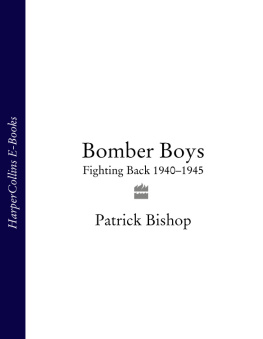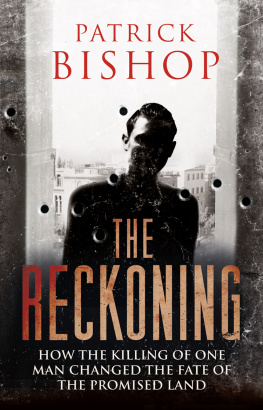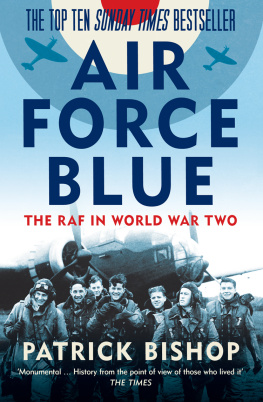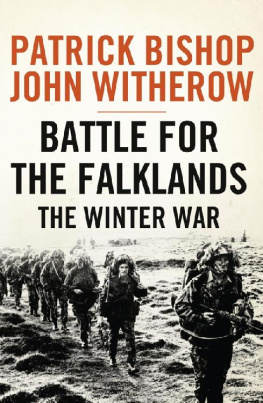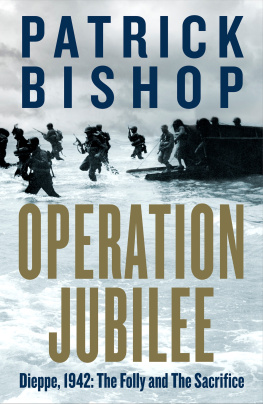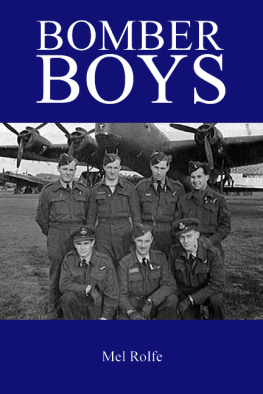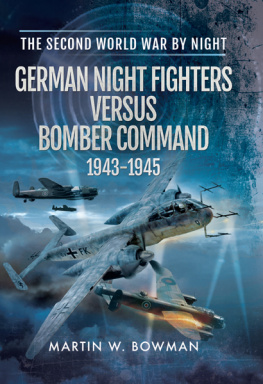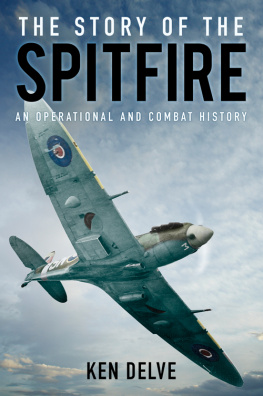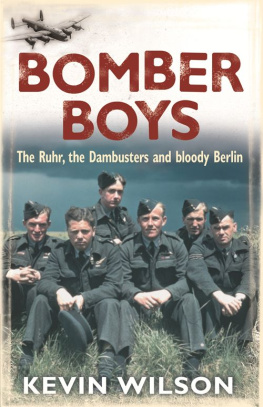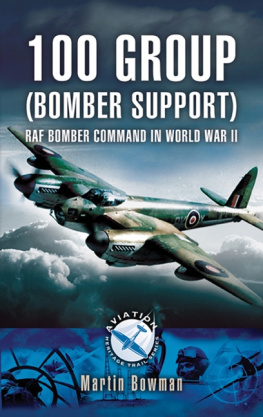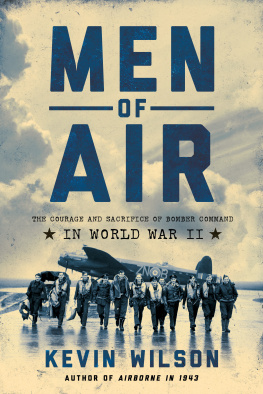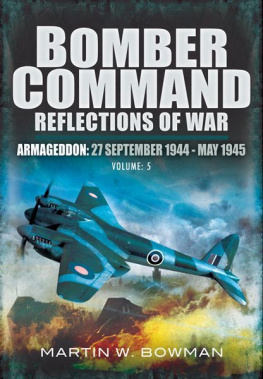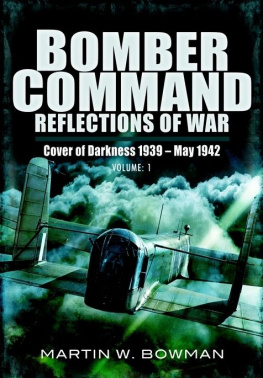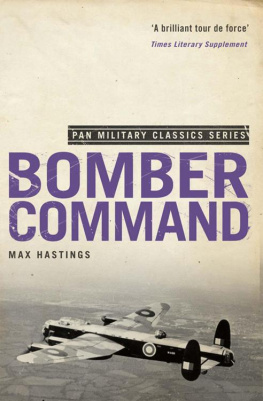BOMBER
BOYS
FIGHTING BACK
19401945
PATRICK BISHOP

Contents
Epilogue: Went the day well?
To Peter, Margaret, Amelia
and Daniel
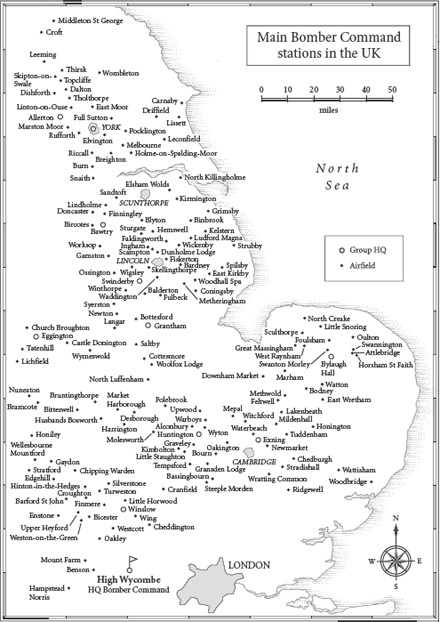
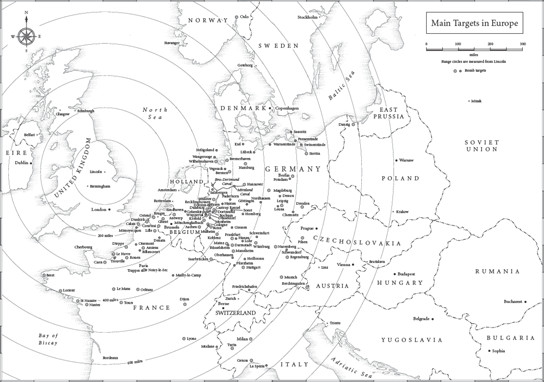
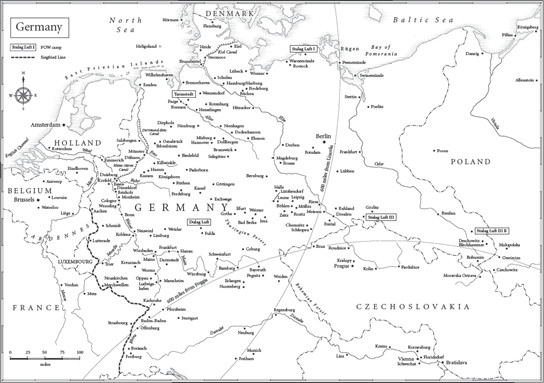
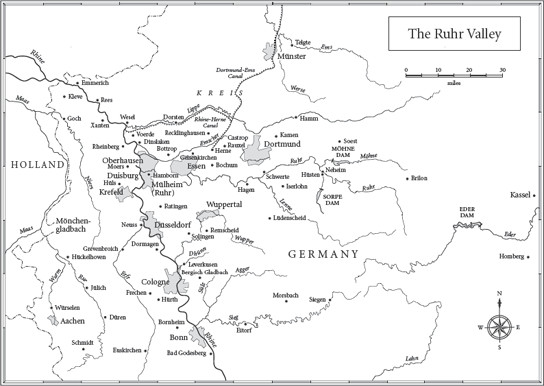
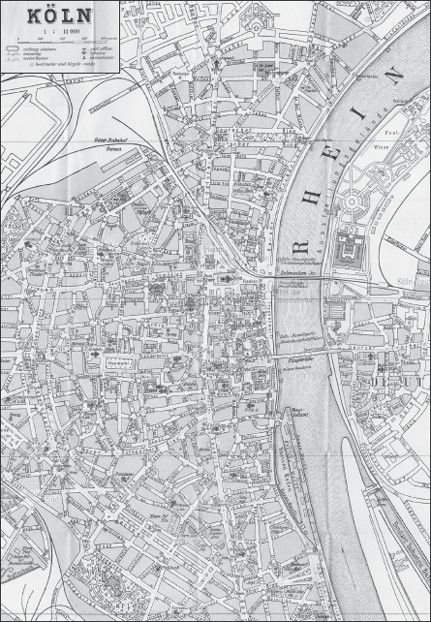
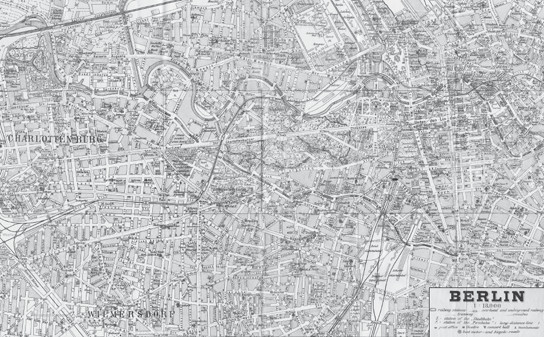
Prologue:
PERKINS
In the early summer of 1961, sophisticated Londoners were laughing at an entertainment brought to them by four young Oxbridge graduates. Beyond the Fringe had been a great hit at the Edinburgh Festival the previous year. Now, night after night, smiling audiences in the capital left the Fortune Theatre feeling they had witnessed something fresh, audacious and above all very funny. The excitement that comes with the anticipation of sudden and unpredictable change was in the May air. The old, hierarchical Britain personified by the prime minister, Harold Macmillan, appeared to be tottering to an end. The shape of the future was hard to make out but it surely belonged to the young, the daring and the irreverent. Alan Bennett, Peter Cook, Jonathan Miller and Dudley Moore were the incarnation of all that.
One of the sketches was called Aftermyth of War. It made fun of legends created during wartime and already planted deep in Britains consciousness. There was quite a list. It mocked Neville Chamberlain and his piece of paper, stoical working-class Londoners and the Blitz spirit and even the Battle of Britain. Then it was the turn of the men who flew in the aeroplanes that bombed Germany.
The sequence opens with Peter Cook, in the uniform of a senior RAF officer, entering to the sound of airmen singing heartily around a piano.
COOK: Perkins! (Jonathan Miller breaks away from the singing.) Sorry to drag you away from the fun, old boy. Wars not going very well, you know.
MILLER: Oh my God!
COOK: war is a psychological thing, Perkins, rather like a game of football. You know how in a game of football ten men often play better than eleven?
MILLER: Yes, sir.
COOK: Perkins, we are asking you to be that one man. I want you to lay down your life, Perkins. We need a futile gesture at this stage. It will raise the whole tone of the war. Get up in a crate, Perkins, pop over to Bremen, take a shufti, dont come back. Goodbye, Perkins. God, I wish I was going too.
MILLER: Goodbye, sir or is it au revoir?
COOK:No, Perkins.
The last lines got one of the biggest laughs of the night. In the stalls, sitting with his wife Margery Baker, Tony Iveson tried to laugh along with the rest. They both worked in the new world of television and were part of the emerging Britain. But not very long before he had been Squadron Leader Tony Iveson DFC of 617 Squadron, and at the front of the bombing war. I didnt like it, he said forty-four years later. I remember being upset. I probably wouldnt be now but at the time it seemed unnecessary, in view of how many we lost.
Of the 125,000 airmen who passed through Bomber Command during the war, about 55,000 were killed. Twenty-one of them were called Perkins. The first to die was Flying Officer Reginald Perkins of 54 Squadron who was killed on the night of 14/15 November 1940. He was the pilot of a Hampden which took off from Waddington in Lincolnshire to bomb Berlin. Little is known about his death or those of his three crew mates. Their aircraft is believed to have exploded in the air and crashed on the outskirts of Berlin. Nothing at all is known about how they were lost.
As far as I am aware, no Perkins died bombing Bremen, but one might well have done. From 18 May 1940 until the end of the Second World War it was attacked some seventy times. As a result, about 575 aircrew were killed. So too were 3,562 residents. It is this aspect of Bomber Commands war, the death of German civilians, that has preoccupied historians in the years since the Beyond the Fringe sketch. All the myths that were the butt of its jokes have since been re-examined and turned out to be remarkably resilient. It is Bomber Commands reputation that has suffered the most. Re-evaluations have found the crews efforts to be at best misdirected and at worst little better than war crimes.
This last accusation is false and insults truth and justice. Bomber Command, as I have said, attacked Bremen frequently. The first bombs killed thirteen people. They also burned down two warehouses full of furniture confiscated from Jews who had understood what fate awaited them in Germany and fled. Bombers were busy over the city on the night of 17/18 January 1942. Only eight of the eighty-three aircraft dispatched found the target and little damage appears to have been done. The Nazi newspapers in the days following denounced the raiders as terror fliers. As they did so, sixteen Nazi bureaucrats met on 20 January in a villa at Wannsee outside Berlin to co-ordinate the extermination of the entire Jewish population of Europe.
The Nazis were to good as a black hole is to light. The effects of British and American bombing on Germany and the lands the Germans conquered were dreadful and it is right that they should be recorded and remembered. But the Allies real crime would have been to hold back from using any of the means at their disposal to destroy Hitler and those who sustained his war.
The argument over exactly what Bomber Command achieved will never be settled. One undeniable success, an awkward one to acknowledge nowadays, is that it altered Germanys personality. Saturation bombing may not, as intended, have broken the Germans spirit. But it helped powerfully to bring about their post-war conversion to peaceful democracy.
History in its current mood has paid limited attention to the ethos and character of the men who fought this most extraordinary war. This book sets out to correct that imbalance. It is for, and about, Perkins. In the process I want also to redress a wrong. There is no national memorial to the men of Bomber Command, no one place where their sacrifice and contribution to victory are properly and thankfully commemorated. I hope that Bomber Boys will mark a first step in changing that.
Introduction
After the Whirlwind
No one who saw what Allied bombing did to Germany forgot it. A traveller in an official delegation passing through Berlin two months after the German surrender noted in his diary: Berlin is ghastly. I could never have believed how complete the destruction is. We covered [about five miles] and saw less than a dozen undamaged houses and not one in ten was anything more than a burned-out shell.

